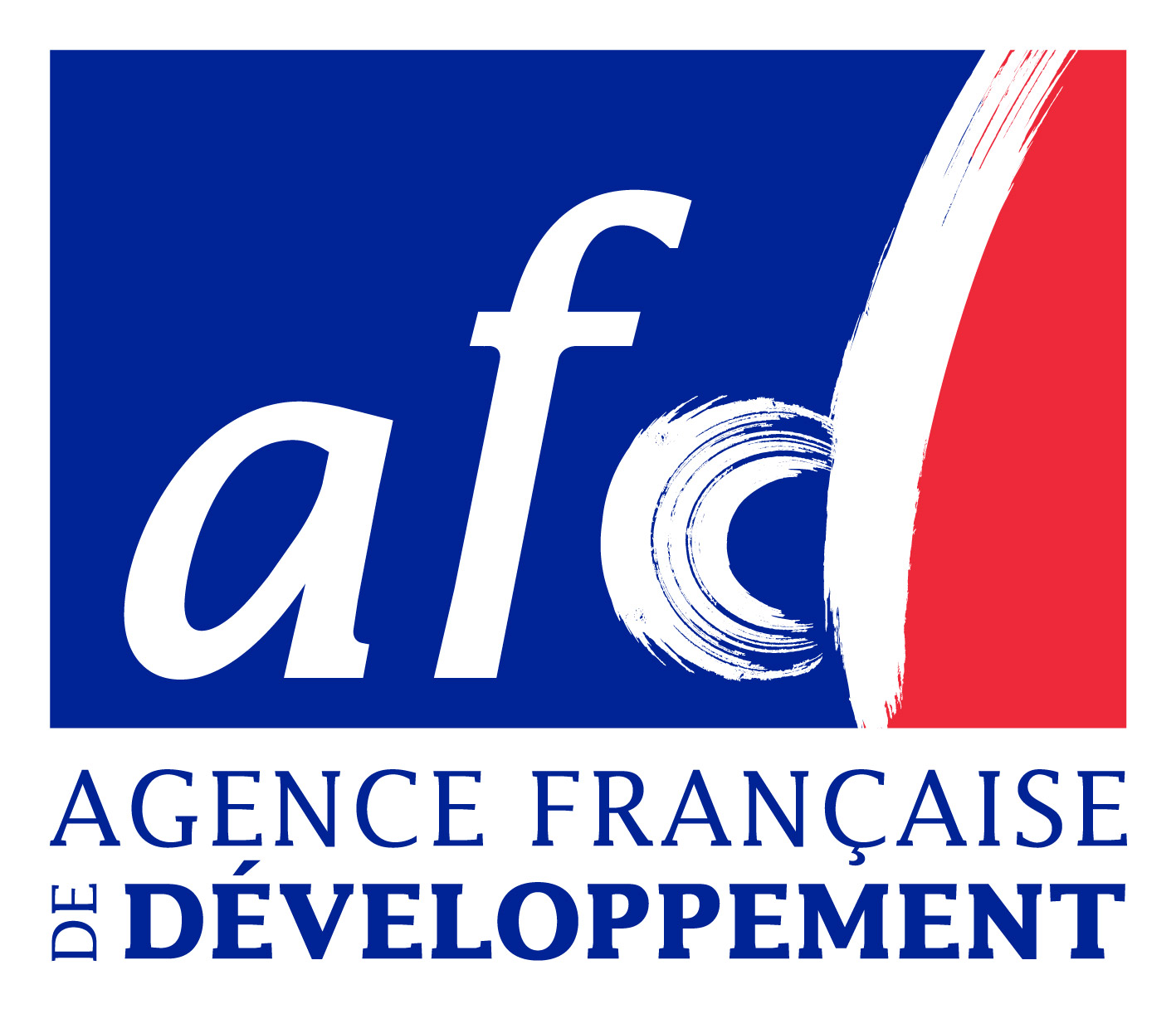Christophe du Castel of the French Development Agency (AFD) explains why his organization is co-financing the agroforestry component of the Livelihoods project in Burkina Faso, which aims at restoring degraded lands in order to increase yields and resilience to droughts.

Livelihoods: The French Development Agency co-finances the agroforestry part of the Livehoods project in North Kenya. How does this project meet the goals of your organization?
Christophe du Castel: Western Africa, and more specifically Burkina Faso, are the main target regions for AFD. A substantial part of our intervention in Burkina Faso concerns agriculture. We namely work on increasing food yields through water management and implementation of agricultural practices adapted to dry regions in the Northern and Eastern parts of the country. The Livelihoods project is part of this last perimeter.
“We work on increasing food yields through water management and implementation of agricultural practices adapted to dry regions”.
LH : Why did AFD choose to support this Livelihoods project?
CC : The main reason is that the project addresses simultaneously agricultural and climate change issues, in addition to improving the livelihoods of smallholder farmers. AFD allocates 50% of its financing to projects which aim at mitigating climate change. We have many projects dealing with climate change but very few concern at the same time the implementation of sustainable and efficient agricultural practices in difficult regions. Northern Burkina Faso is made up of very degraded lands which make local inhabitants very vulnerable to climate change. A key issue for these regions of the Sahel is to have access to farming practices which help people and environment be more resilient. With this project, we can demonstrate that it is possible to increase crop yields and at the same time fight climate change.
“With this project, we can demonstrate that it is possible to increase crop yields and at the same time fight climate change”.
LH: Why was it interesting for AFD to join forces with the private sector for this project?
CC: AFD joins in the collective dynamics created by the private sector with the efficient cookstoves project by supporting the implementation of sustainable agricultural practices. All the work already done with local communities by the NGO tiipaalga and the Livelihoods fund, namely the mobilization of entire villages, enable a quick roll-out of the sustainable farming practices and reforestation. The efficient cookstoves and the sustainable agricultural practices complement each other for both social and environmental impact. This project shows how public and private sectors complement each other in developing countries. Furthermore, the fact that the project spans over 10 years is for us a key success factor as we are implementing major changes in the way farmers perceive their practices and their ecosystem. These changes can only be seen through time.
“The efficient cookstoves and the sustainable agricultural practices complement each other for both social and environmental impact”.
LH: What are the next steps for AFD?
CC: We are currently working with the French Agricultural Research Center for Development (CIRAD) to define the relevant indicators which will measure the tangible impact on the livelihoods of these communities, crop yield, ecosystems and carbon sequestration. The results will enable us to improve the agricultural practices of dry regions of the Sahel. Moreover, the payment of the project developers is partly result-based. This confirms even more the relevance of the project for AFD. We will closely monitor the project with the Livelihoods fund and tiipaalga. And we will carry on discussing with the Livelihoods fund on project generating social and environmental benefits.


